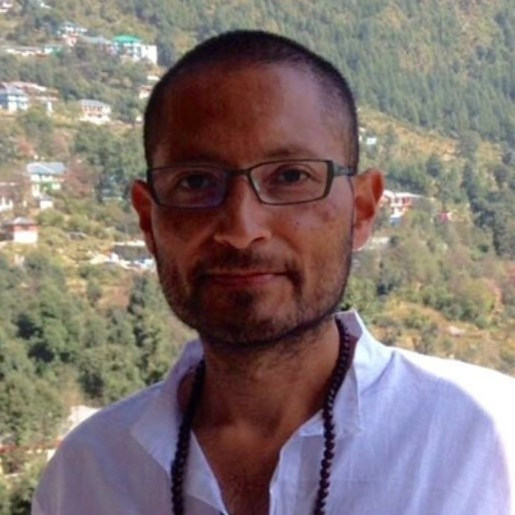Yoga-Qigong Workshops Coming to the RAC In January
Posted by Fernando Echeveste on December 30, 2021
There will be 90 minute Yoga-Qigong workshops held on Fridays at 5:45 pm from January 14 through February 18. Sign up through the RAC app or by calling the Activities Desk up to a week in advance of each workshop. The workshops are free to RAC members.
Each workshop includes warm-ups and elements of Yoga and Qigong to promote movement, meditation and breathing and its intention is to support the following set of long-term goals:
- Enjoy great freedom of movement in the body and continue to move with great flexibility, ease and grace as we get older.
- Support the body to maintain homeostasis by releasing stress and tension and promoting relaxation.
- Help achieve mental and emotional balance to bring peace and harmony in all aspects of life.
- For people with limited mobility, slow down the progressive restriction of movement and even improve the range of motion in the joints.
While reaping some of the short-term benefits such as:
- Feeling happier
- Losing weight
- Maintaining healthy bones and lean muscle mass
- Increasing energy levels
- Reducing risks of chronic diseases
- Improving relaxation and sleep patterns
During the workshop we’ll learn and practice Daoyin exercises (warm-ups). Daoyin is a form of Chinese Yoga which emphasizes stretching and loosening exercises to help prepare the body and mind for a more active practice. Daoyin exercises can help in three different ways:
- Physiologically, the exercises help to warm up the body, improve flow and body temperature, reduce risk of injury, stretches key muscle groups and stretches tendons. It also helps to aid in the relaxation of muscles, stimulates the lymphatic system and helps to keep the body supple.
- Psychologically, warming up begins the process of bringing the mind into the body, freeing it from the business of the world.
- From a Chinese Medicine perspective, stretching helps to promote the flow of Qi through the meridians. As each joint is seen as an energy gate in Qi Theory, each warm up will promote the flow of Qi through the joints, thus breaking up energy blockages.
The Qigong exercises are from the Shibashi series. Shibashi means 18 movements. In general, Qigong (pronounced ‘Chi Kung’) is a powerful type of health exercise, which has been practiced for centuries in China. It is based on gentle movements that are specifically designed to benefit and balance health. The theory of Qigong rests on the ancient principles of Yin-Yang and the 5-elements. However, the term Qigong is relatively new. The word is made up of two Chinese words: “Qi” and “Gong”.
- “Qi” is the energy or natural force that fills the universe. This energy is always there. It is neither created nor is it ever destroyed; it simply changes in its manifestation. This is the same energy that in India is called “Prana” and in Japan “Ki”.
- “Gong” means work, skill, activity or practise that is cultivated through steady practice.
Together Qigong means “working with life force” or “cultivating energy”. Qigong can be used as a means of developing the relationship between mind and body, melting tensions and relaxing. This way of working supports all the systems of the body and the individual as a whole. By removing the tensions and "holding-on" that get in the way we can dissolve blockages in the Qi system, thus re-establishing the proper flow of Qi. When our Qi is strong, we feel and look vibrant and healthy.
Qigong exercises are usually practiced in a relaxed manner and all movements are generally done slowly (although you can practice them at any speed to suit your needs and inclination). This combination of slow, relaxed and fluid movements calms the nervous system and promotes the flow of natural Qi in the body. By harmonizing these movements with relaxed and deep breathing, Qigong also calms the mind whilst boosting the body's natural energy resources. Primarily, it is the relaxed, gentle movements and deep breathing that make Qigong so beneficial for health.
The workshop is not the typical Yoga or Qigong class. It’s been designed to promote movement, meditation and breathing in order to create a nice, balanced workout everybody can benefit from.
In the workshop:
- The Daoyin exercises are as important as the rest of the class and focus on the major joints in the body.
- The Yoga part includes elements from Vinyasa flow and Tibetan Yoga (consisting of static postures and/or ultra-slow-motion exercises) which not only challenge the body but also the mind in order to promote emotional release.
- The Qigong part is dynamic throughout the class and integrates seamlessly, becoming more relaxed and gentler towards the end of the class.
The class is excellent for:
- Beginners.
- People with a sedentary lifestyle who are looking to change it.
- People with limited mobility.
- People already practicing other disciplines like Yoga, Pilates, Tai Chi, etc. who would like to explore new ways to workout.
- Anyone whose long-term goals align with the long-term goals describe herein.
The class ends by lying down in Savasana, the final resting pose in every Yoga class. It is during this time that attendees have the chance to experience Reiki, a hands-on Japanese healing technique that promotes relaxation through gentle touch.

Fernando Echeveste
Fernando Echeveste is a Holistic Wellbeing Specialist (Reiki Master, Massage Therapist, Yoga, Tai Chi and Qigong instructor). He teaches this and other mind-body-spirit workshops in both English and Spanish worldwide. Fernando is a member of the following organizations: • International Reiki Organization – United States • UK Reiki Federation – United Kingdom • Tai Chi Union of Great Britain – United Kingdom



